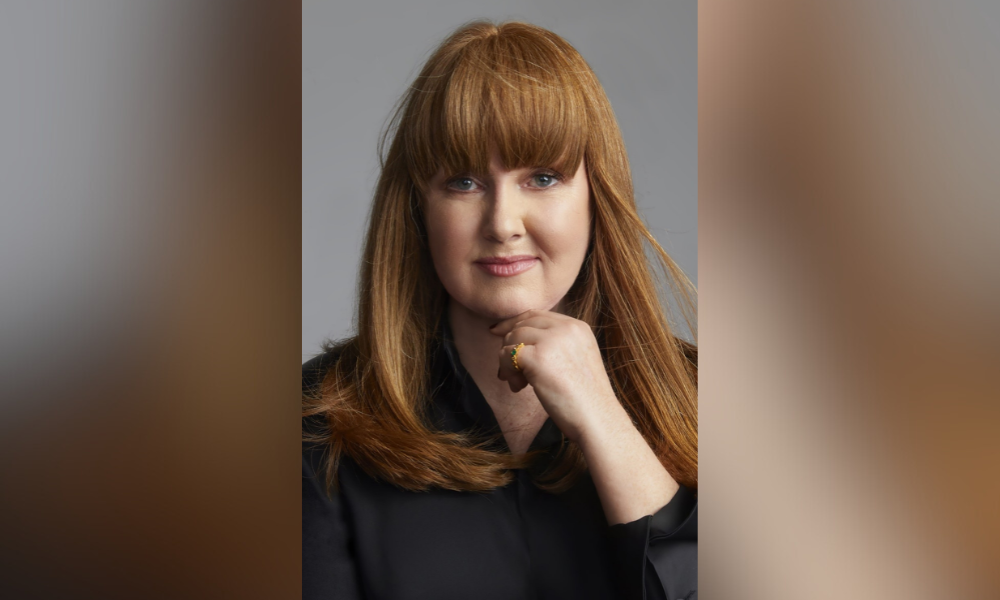
The Women Rising program is turning the diversity game on its head

Helping women step into their power and changing the paradigms around leadership is the goal of the Women Rising program. The brainchild of Megan Dalla-Camina, Women Rising is a reflection on her experience of a stress-related burnout caused by the all too familiar juggle of a high-powered corporate role alongside single parenthood.
The Women Rising program is based on evidence from positive psychology, neurobiology, gender science, leadership, science, and well-being principles and practices to offer a holistic, personal, and professional development journey for women across the globe.
“When we change the workplace and make it better for women, we make it better for everybody,” Dalla-Camina tells HRD.
One of the biggest takeaways from the Women Rising program is the realization that women are not alone in their negative experiences in the workplace. This is having a wider impact with non-binary and neurodiverse individuals joining the program and feeling seen and supported.
“When we are listening to the lived experience of other women [and people] who are completely different to us in all aspects of diversity, intersectionality; the ripple effect of that is profound just in terms of our own biases and understanding of people.”
Women Rising is Australia-based and is working with 515 companies across 37 countries with their online reach being a major pull for women globally. One of their biggest clients is Microsoft who has implemented the program globally after seeing the results they initially had within their Australian sector.
The involvement with the global tech giant came from Michelle Markham, a Microsoft employee who joined the program as an individual who felt stuck in her role and following her progress with Women Rising rose to a manager and then a leader as Digital Sales Director for Microsoft in Asia. It enabled her to overcome her imposter syndrome and filled her with newfound confidence to move up to the position she is now in.
Megan Dalla-Camina is the founder of the Women Rising movement, working globally with companies to empower women to develop their careers and leadership skills.
“Statistically and anecdotally we know that it's the women who carry the bulk of the load.”
The research being done by Dalla-Camina and the Women Rising movement does not offer any surprises but does quantify women’s experiences in a way that cannot be denied. To date, no company that has worked with Dalla-Camina has already had anything similar in place.
The 2023 Women Rising Research Report gave the following findings:
The push to create female-centric programs came from an 18-year, high-powered, corporate career in traditionally male environments that ultimately led Dalla-Camina to have a stress-related burnout in her mid-30s and reevaluate what she wanted from life.
Having previously worked with the Change Champions Coalition in her native Australia, Dalla-Camina set out on her own, alongside being a single mother, to pursue what she felt was her life’s work.
“We can see more women thriving and to make real inroads into the diversity numbers and progress toward gender balance.”
Dalla-Camina asserts that the issues facing women are similar globally and across industries.
“Those fundamental issues about being a professional woman and marrying that up with your personal life, there is commonality and the same for leadership, the things that people need from their leaders, there's universality in that.”
Whilst Dalla-Camina is clear that she would like to see more women in leadership positions, she doesn’t think that gender is as important as the traits of the individual.
“What we see is the rise of ‘the feminine traits’, irrespective of the gender of the leader. You can have a great male leader, who has a great balance of feminine and masculine traits; he can lead with empathy and vulnerability (feminine traits), and he can also lead with decisiveness and vision (masculine traits).”
This balance is something that she feels is often lost and leaders often, or are made to feel, that they must dial up their masculine traits in order to get ahead; something she admits she did herself which added to her subsequent burnout.
[When it comes to hybrid working] we have to be very intentional about boundaries to try and avoid such high levels of stress and burnout [that is seen] amongst women globally.”
Dalla-Camina advises women to take the time to get clear on who they are and what they want and to know that they are worthy of it.
“When we do that, we step into our personal power, and can have the careers, be the leaders, run the businesses that we want from that very strong, centered, authentic foundation.”